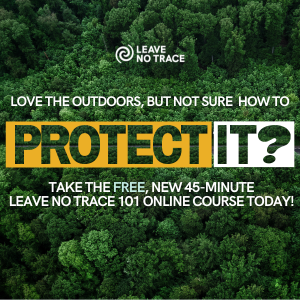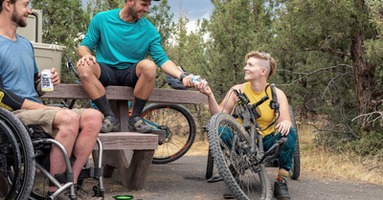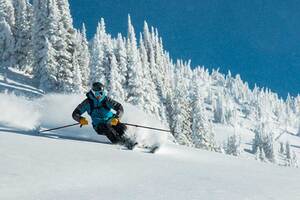
Picture this: You're out in the wilderness, surrounded by the beauty of nature, when suddenly, a minor accident occurs. It could be a twisted ankle, a small cut, or a bee sting. Knowing how to handle such situations with wilderness first aid basics not only keeps you safe but also ensures that your outdoor adventures remain enjoyable. In this article, we'll break down the essentials of wilderness first aid in a casual, easy-to-understand manner, and don't forget to explore more outdoor safety tips and resources at OutdoorAdventures.pro.
1. Assess the Situation
The first step in wilderness first aid is to assess the situation. Is the injured person conscious? Are they breathing? Is there a life-threatening situation like severe bleeding or an obstructed airway? Ensure your safety first, and then assess the injured person's condition.
2. Call for Help
In most outdoor settings, calling for professional medical assistance is crucial. Dial emergency services if you have cell reception or use a satellite communicator if you're in a remote area. Share your location, the nature of the injury, and follow their instructions carefully.
3. Stop Severe Bleeding
For significant bleeding, apply pressure to the wound with a clean cloth or dressing. Elevate the injured limb if possible, and continue applying pressure until the bleeding stops or professional help arrives.
4. Treat for Shock
Shock can be a serious concern after an injury. Keep the injured person warm, lay them down with their legs elevated slightly, and reassure them while you wait for help.
5. Handle Fractures and Sprains
If someone has a suspected fracture or sprain, immobilize the injured limb using splints, clothing, or any available materials to prevent further damage. Support the limb with a sling or bandage to reduce movement.
6. Clean and Dress Wounds
For minor cuts and scrapes, clean the wound with clean water and soap, if available. Apply an antibiotic ointment and cover with a sterile dressing or adhesive bandage to prevent infection.
7. Manage Burns
Cool a burn by holding it under cold, running water for at least 10 minutes. Cover the burn with a sterile dressing or clean, non-stick bandage. Seek professional medical attention for severe burns.
8. Bee Stings and Allergic Reactions
Remove the stinger by gently scraping it away with a flat-edged object. Apply a cold pack to reduce pain and swelling. If the person shows signs of an allergic reaction like difficulty breathing, use an epinephrine auto-injector if available, and seek immediate medical help.
9. Stay Hydrated and Rest
In less severe cases, like heat exhaustion or mild dehydration, ensure the injured person drinks water, rests in a shaded area, and cools down gradually.
10. Prevention is Key
Remember, the best way to deal with outdoor emergencies is to prevent them in the first place. Prepare by carrying a well-stocked first aid kit, knowing your route, and being aware of potential hazards. Keep an eye on the weather, dress appropriately, and let someone know your plans and expected return time.
By mastering these wilderness first aid basics, you can enjoy the great outdoors with confidence, knowing that you're prepared to handle minor emergencies. For more in-depth tips on outdoor safety, travel resources, and adventure planning, head over to OutdoorAdventures.pro. They've got everything you need to make your outdoor adventures safer and more enjoyable. Stay safe and have a blast exploring the world's natural wonders!

.png)

-(2).png)


.png)


.png)





-(1140-×-106-px).png)
.jpg)
Leave Comment Below